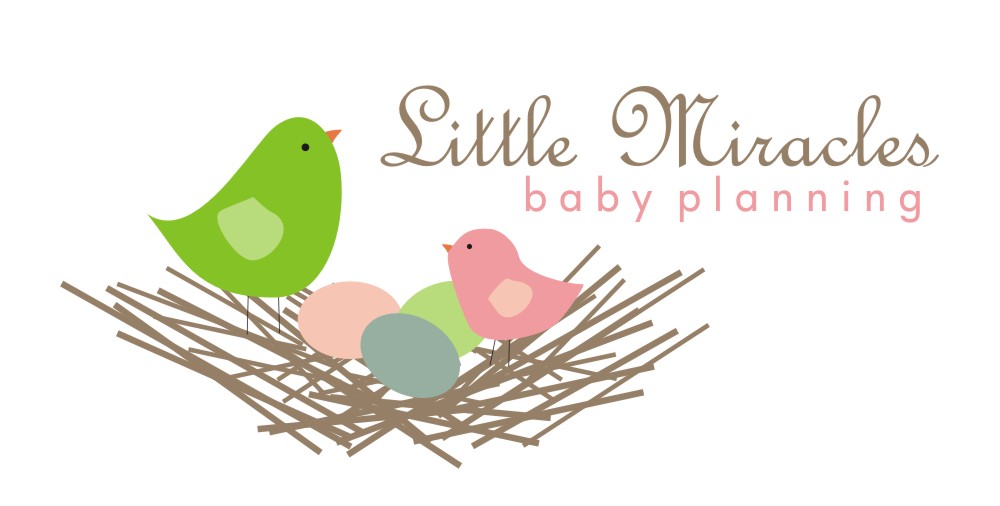
By Dr. Austin Abramson
Pesticides are chemical substances used to prevent crop destruction by insects. They have positive effects by decreasing crop losses and increased food per acre farmed. However, they may come with a steep cost to your health. Pesticides are powerful substances that are absorbed or ingested and may cause potential harm especially to infants and children, who eat more fruits and vegetables than adults relative to their body weight and who are still developing.
Additionally children play more on the ground where they have the greater potential to come in contact with pesticide residues. Children also may place contaminated hands and objects in their mouths.
Fruits and vegetables contribute essential nutrients, including fiber to the diet. However, it is very important that parents understand that certain fruits and vegetables named the “Dirty Dozen” may have a greater risk of pesticide contamination than other varieties due to the nature of the plant and how they are grown. This list includes:
•Celery
•Peaches
•Strawberries
•Apples
•Blueberries
•Nectarines
•Sweet Bell Peppers
•Spinach
•Cherries
•Potatoes
•Grapes
•Lettuce
A recent study from Harvard in the journal of Pediatrics1 examined the association between ADHD and urine metabolites of organophosphates. Organophosphates are a common pesticide spayed on fruits and vegetables. The conclusion of the article was that children with higher levels of organophosphate metabolites in the urine were more likely to be diagnosed with ADHD.since high levels of organophosphates are purported to disrupt brain neurotransmitters More research is needed to study the effects of diet on conditions such as ADHD.
The obvious and simple solution is to avoid pesticides and all chemical agents in the food supply wherever possible. Washing fruits and vegetables may not always be sufficient. Therefore, organic foods, including fruits and vegetables that are made without the use of these pesticides may be one way to help protect our families.

.png)




No comments:
Post a Comment